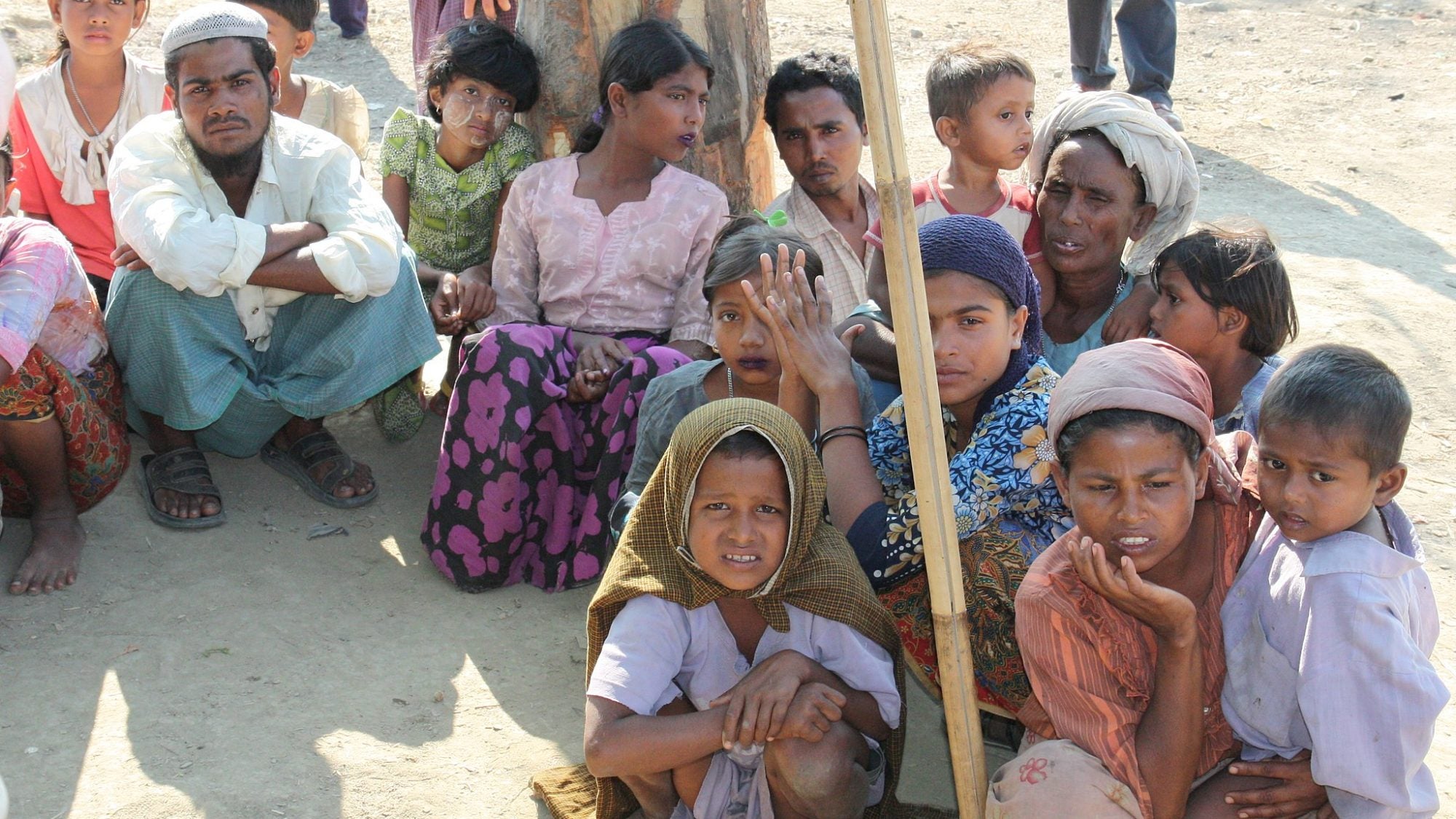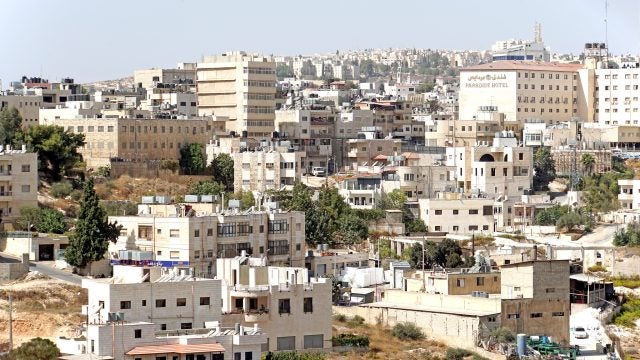
Title: Myanmar’s Rakhine State at a Crossroads: Regional Power Struggles and Bangladesh’s Rohingya Dilemma
The Rakhine State in Myanmar, the ancestral home of the Rohingyas, is undergoing a seismic transformation. The Arakan Army, once a rebel group fighting for autonomy, now controls vast swathes of the region, including crucial areas along the Bangladesh-Myanmar border. This shift in power dynamics has cast a long shadow over the already precarious existence of the Rohingyas, often defined as one of the world’s most persecuted minorities. As Bangladesh grapples with political instability at home, the fate of over a million stateless Rohingyas hangs in the balance, their future uncertain amid Rakhine’s rapidly evolving political landscape.
Bangladesh-Myanmar Border in Flux
The February 2021 military coup in Myanmar and the subsequent full-scale civil war between the military junta and various ethnic armed groups have deeply destabilized the Bangladesh-Myanmar border. The breakdown of the ceasefire between the Arakan Army and the Tatmadaw in November 2023 has reignited intense conflict in Rakhine, with the Rohingya caught in the crossfire. As the Arakan Army swiftly advanced and captured key positions—including the strategic town of Maungdaw, home to much of Myanmar’s remaining Rohingya population, it established control over nearly all 271 kilometers (168 miles) of the frontier with Bangladesh. This dramatic territorial gain has made it the largest area controlled by any non-state armed group in the country.
The evolving situation has destabilized the region in multiple ways. Cross-border violence, including gunfire and mortar shelling from inside Myanmar, has spilled into Bangladeshi territory, resulting in civilian casualties and highlighting the urgent need for cross-border security mechanisms. With the Myanmar military in retreat, Rakhine has become effectively autonomous, leaving Bangladesh without a formal state counterpart to coordinate on pressing issues such as security, displacement, and border governance. The presence of both the Arakan Army and the Arakan Rohingya Salvation Army (ARSA) further complicates matters, particularly as ARSA’s alleged criminal activities and recruitment efforts in refugee camps threaten the humanitarian environment. While the balance of power on the border has shifted, Bangladesh has confined itself to unofficial contacts with the Arakan Army. These informal exchanges—pursued more out of necessity than choice—still risk drawing Bangladesh into Myanmar’s internal conflict.
Amid this volatility, the Rohingya face increasingly limited and perilous choices. In 2024 alone, approximately 80,000 have fled into Bangladesh, joining over a million others in the overcrowded camps of Cox’s Bazar. Vulnerable and stateless, many Rohingya men and boys are being forcibly recruited by the Myanmar military, a tactic that deepens their suffering and exacerbates interethnic tensions. Some Rohingya armed groups have aligned with the Myanmar military—not out of ideological alignment, but out of a desperate need for survival—further complicating their relationship with both the military and local ethnic groups. Reports of human rights abuses and forced recruitment by both the Arakan Army and the Myanmar military have emerged as armed groups exploit the porous border space to conduct illicit activities. These dynamics create what can be described as a “camp-border nexus,” in which violence, displacement, and insecurity are reinforced by the geography of conflict.
Diplomatic efforts have so far offered limited relief. During the Sixth Bay of Bengal Initiative for Multi-Sectoral Technical and Economic Cooperation Summit in Bangkok, Bangladesh’s interim government met with Myanmar’s deputy prime minister and foreign minister, Than Swe. At this meeting, Myanmar announced that it had verified 180,000 Rohingya refugees in Bangladesh as “eligible” for repatriation. However, skepticism persists. Significant portions of Rakhine State remain under armed group control, beyond the reach of Myanmar’s central government. Given the ongoing instability, forced recruitment, and fragmented governance, the prospect of a safe and voluntary return seems increasingly remote.
As the conflict in Rakhine continues to intensify, the Rohingya community remains on the margins—dispossessed, stateless, and trapped in a cycle of trauma. Bangladesh faces a difficult balancing act, trying to uphold its humanitarian obligations while safeguarding national security. The involvement of regional powers such as China and India complicates diplomatic efforts, while the promise of Rohingya repatriation appears increasingly hollow. For the Rohingya, their future remains uncertain, overshadowed by the evolving instability in Rakhine.
A Strategic Battleground for Regional Powers
The shifting balance of power in Rakhine State has become a source of mounting geopolitical tension, with China and India vying for influence in this strategically significant region. For China, Rakhine plays a central role in its Belt and Road Initiative (BRI). Strategic investments such as the Kyaukphyu Special Economic Zone and a gas pipeline linking Rakhine to China’s Yunnan province are vital components of Beijing’s strategy to secure uninterrupted access to the Indian Ocean for its landlocked southwestern provinces. The Kyaukphyu deep-water port, in particular, stands as a linchpin of China’s regional ambitions.
India, meanwhile, views Rakhine as a strategic gateway for its Act East Policy, aimed at counterbalancing China’s growing influence in Southeast Asia. Continued access to Rakhine’s coastline is essential for India to maintain its strategic foothold in the region. The potential emergence of an independent Rakhine State presents both challenges and opportunities for these powers. The Arakan Army’s growing territorial control gives it substantial leverage, and both Beijing and New Delhi are seeking to cultivate favorable ties with the group. China’s multi-engagement strategy, balancing relations with both the junta and ethnic armed groups, has already advanced its BRI-related objectives in Rakhine.
The future of the Rohingya is deeply entangled in these broader strategies. As non-state actors like the Arakan Army gain ground, the maneuvering of regional powers further complicates prospects for a peaceful resolution. Both China and India continue to prioritize their geopolitical and economic goals over the plight of the Rohingya. China has taken a careful approach, supporting both the military and ethnic groups to ensure stability. India, in contrast, has begun engaging more directly with the Arakan Army as part of a broader effort to counterbalance China’s influence in Myanmar. In a notable diplomatic shift, India’s Ministry of External Affairs recently invited the Arakan Army to participate in talks in New Delhi. This move underscores India’s pragmatic approach to safeguarding its strategic interests.
Bangladesh’s Humanitarian and Diplomatic Dilemma
The rapidly evolving political and humanitarian crisis in Rakhine State presents Bangladesh with a complex diplomatic tightrope. Its long, porous border with Myanmar has facilitated a continuous influx of Rohingya refugees, placing immense pressure on limited natural resources and straining already fragile social cohesion. Bangladesh now finds itself in a critical position, reluctantly absorbing more refugees while grappling with the socio-economic and security implications of hosting one of the world’s largest stateless populations.
While the ultimate solution lies in the safe, voluntary, and dignified repatriation of the Rohingya to their homeland, achieving this requires a multifaceted and long-term strategy. In the interim, Bangladesh must balance diplomatic engagement, humanitarian responsibility, and domestic stability. This includes advocating for sustained international aid while working to prevent further deterioration of the humanitarian situation.
First, Bangladesh must pursue a comprehensive, multi-track diplomatic strategy that engages regional and global actors, including the United Nations, ASEAN, China, the United States, India, the Myanmar government, and the Arakan Army. A key component of this approach should involve promoting disarmament, demobilization, and reintegration programs to address the destabilizing activities of Rohingya armed groups.
Second, to support regional stability, Bangladesh should encourage Rohingya leadership and empower representatives to engage directly with the Arakan Army. Fostering dialogue and mutual understanding between the Rohingya and the Arakan Army may help pave the way for sustainable solutions within Rakhine. In this context, the proposal for a safe zone must be clearly defined, including its geographic scope, mechanisms for monitoring and enforcement, and the roles of various international and local actors in its administration.
Third, Bangladesh should establish a dedicated task force led by the Special Advisor on Rohingya Affairs. This body should include a broad spectrum of stakeholders—human rights activists, academics, security analysts, seasoned diplomats, and representatives from political parties—to ensure a nuanced and inclusive approach to managing the crisis.
In 2025, strengthening humanitarian support for the Rohingya remains a critical priority. UN Secretary-General António Guterres’s recent visit to the camps in Cox’s Bazar underscored the urgency of the situation, particularly as global humanitarian aid continues to decline amidst new emergencies worldwide. This reduction in support leaves the Rohingya even more vulnerable to exploitation by armed groups like ARSA, heightening the risk of renewed violence and cross-border instability.
As the crisis continues to unfold, Bangladesh must adopt a proactive and strategic stance that protects its national interests while upholding its humanitarian obligations. At the same time, the international community must act swiftly to provide the necessary support, lest the region slide further into instability.
…
Abu Faisal Md. Khaled is a Research Associate at the Institute for International Law of Peace and Armed Conflict at Ruhr University Bochum. He currently oversees research in South Sudan and Northeast Nigeria as part of the “Leave No One Behind” project, which focuses on disability inclusion in humanitarian action. His research interests include forced migration, diaspora formation, disability inclusion, social cohesion, and South-North policy transfer.
Dr. Anas Ansar is a Senior Researcher in the Asia program at the Arnold-Bergstraesser-Institut at the University of Freiburg, Germany. In addition to his research role, he lectures on Migration and Identity Politics at the Catholic University of Applied Sciences in Mainz, Germany. His current research delves into the intricate dynamics of migration politics, the challenges of displacement in Asian borderlands, and the diaspora resistance against authoritarian regimes in Asia.
Image Credit: Foreign and Commonwealth Office, OGL v1.0OGL v1.0, via Wikimedia Commons
Recommended Articles

Critical maritime infrastructures (CMI), and in particular undersea communication cables, are increasingly under threat of attacks by malign actors who benefit from asymmetric capabilities and jurisdictional complexities in the maritime…

This article explores how the Palestinian crisis and the death of the two-state solution endangers the Hashemite Kingdom of Jordan. It illuminates the complicated relationship between Jordan, Israel, and Palestine…

This article explores the uncertain future of Arctic governance amid shifting global geopolitics. It argues that whether Washington and Moscow opt for confrontation or cooperation, multilateralism in the Arctic…